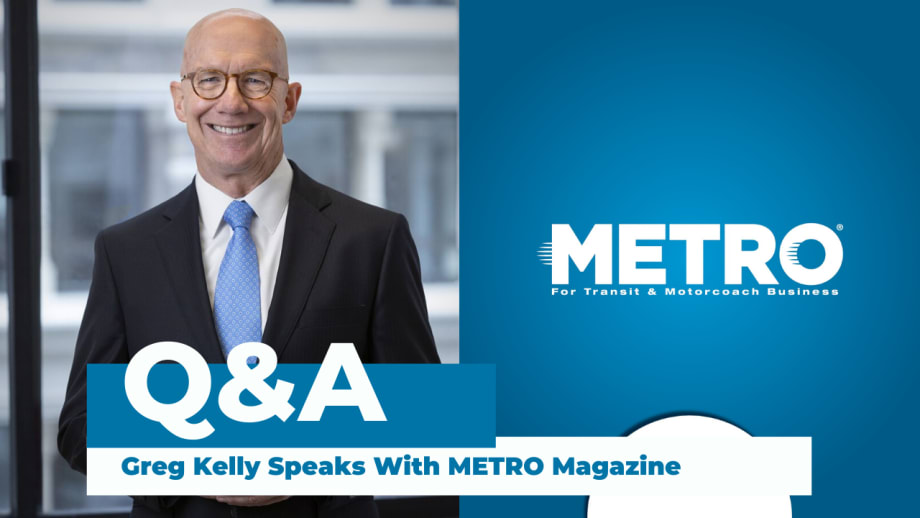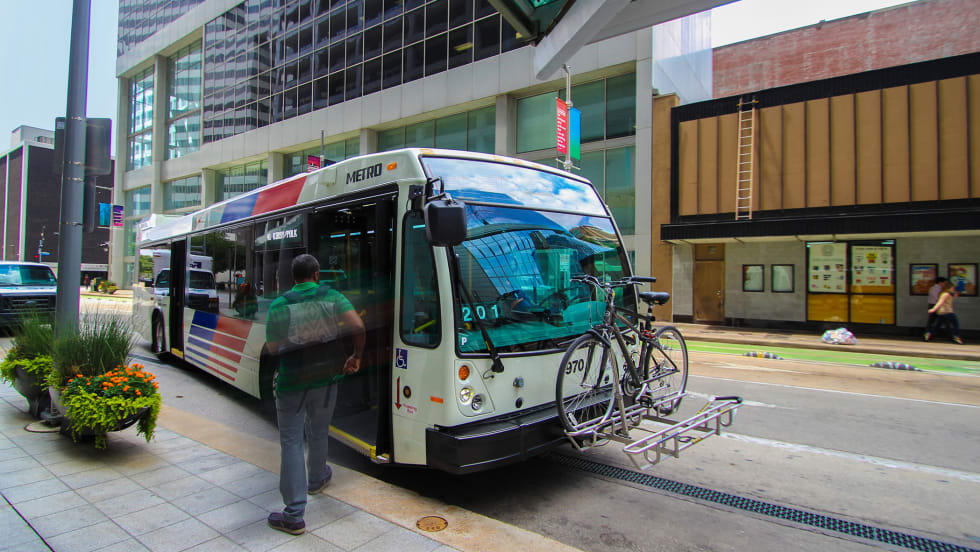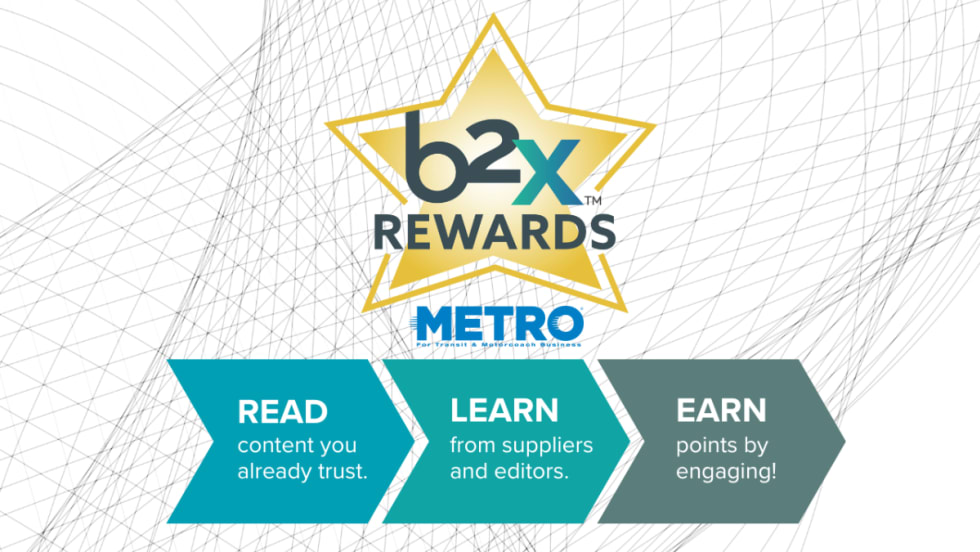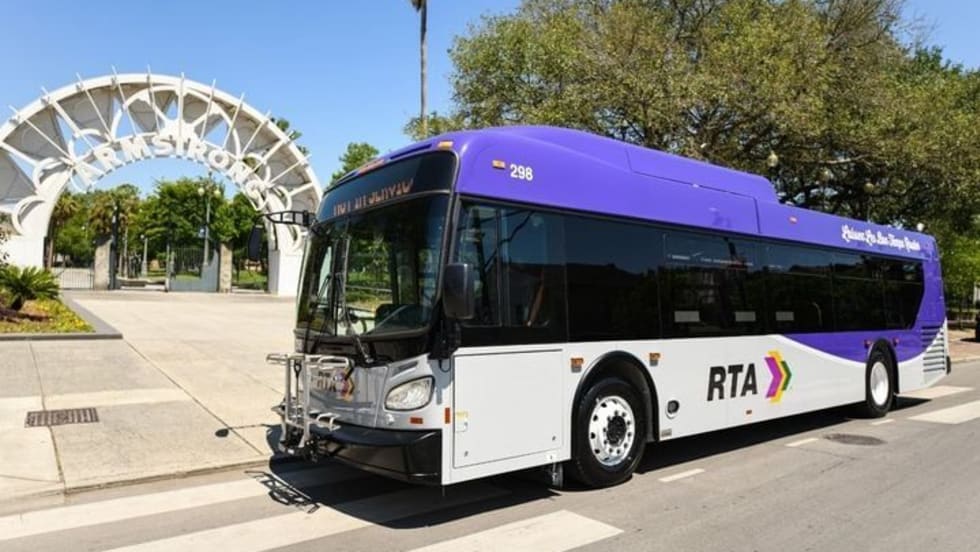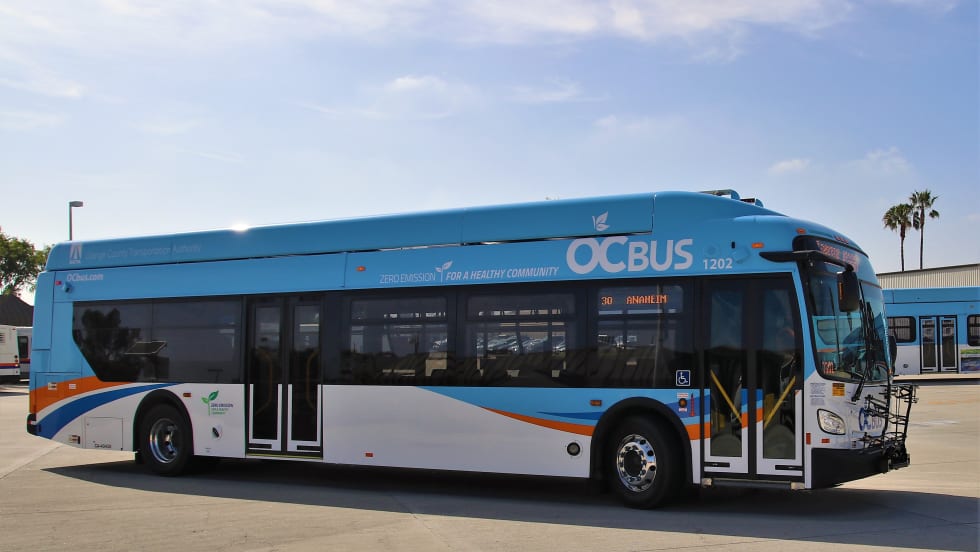Greg Kelly, president/CEO of STV, discussed funding for projects, project delivery, and more with METRO.
Greg Kelly, president/CEO of STV, discussed the keys to moving forward with projects, alternative forms of project delivery, and more.
Funding, Projects, and Consultant Help
Dig into this Q&A to learn more about how transit agencies are handling record funding, keys for successful project completions, and how to receive future federal funds.
METRO: With transit receiving record funding for projects, what are some keys for the industry to successfully move ahead with projects that are in the works or in the pipeline?
Kelly: With significant growth in the industry and generational investment in the transit sector, a major key to success is our industry’s ability to harness a robust and qualified workforce.
We will need to focus not just on hiring talent, but also on fostering workforce development and encouraging the next generation to enter our industry.
At STV, we are taking this comprehensive approach. We have hired new team members to bolster our ranks; upskilled and mentored our existing workforce; and promoted from within to ensure we are preparing the transit leaders of tomorrow.
Perhaps most importantly, we have engaged young people before they start their careers — from high schoolers in the ACE program to college students participating in our intern program — to ensure we are cultivating a pipeline of talent for the future.
METRO: Are there more agencies looking at alternative forms of project delivery? If so, why? If not, why not?
Kelly: The most significant shift in project delivery is a growing interest in progressive design build, and the Construction Manager/General Contractor (CM/GC) project delivery method.
Progressive design-build and CM/GC allow the owner to have a more upfront — and continued — say in the design and construction of a project. This method means the engineer, designer, and contractor are taking the project up to a higher level of completion — sometimes 60% to 80% — which provides a higher resolution on costs and risks, as it’s further along.
One of STV’s core values is Partnership, and this delivery method really speaks to that: it requires everyone to work as a team — the owner, the owner’s engineer, the contractor, and the contractor’s engineer all need to collaborate and talk about risks, means, and methods earlier on in the process. It’s a tighter approach that results in better pricing, better schedules, and a better risk allocation.
Additionally, we are continuing to see shifts in program development, particularly in public-private partnerships (P3s) and projects involving collaboration with the federal government.
There is a growing emphasis on environmental protection, climate change, equity, and community planning, which you can see in the increasing number of MOUs from the public sector as federal funds are injected into local communities. This marks a change from the past when we saw more funds coming from the state level.
As a response, we are partnering with more clients on programmatic approaches to address these needs both short- and long-term.
METRO: What (if any) are some new trends you are seeing that are helping projects reach completion sooner or at least in the client’s desired time frame?
Kelly: A vital part of construction management and preliminary design is planning for the unexpected. It’s important to bring a holistic approach to any project. Only with the big picture can we zoom out and pinpoint opportunities to consolidate schedules and address concerns before they become major challenges.
The most significant challenge impacting timelines right now are related to materials and inflation pressures. While clients are taking notes and planning accordingly, increased transparency on both sides of the relationship is more critical than ever to delivering projects successfully.
METRO: What are some key ways consultants can help transit agencies successfully receive federal grant funding for their projects/vehicles?
Kelly: The federal government has been very intentional about expanding the funding environment — with unprecedented opportunities for underrepresented communities — to support projects and make an impact. Nearly every dollar of federal funding is tied to a dual focus on climate change and equity.
Discretionary grants require significant management — even after they’re obtained — from tracking and reporting to compliance with ever-changing regulations. Consultants must be well-versed in these topics and remain acutely aware of the stakeholders involved in a project or program to ensure it adheres to federal guidelines and requirements.
There are several ways STV assists transit agencies pursue grant funding opportunities, from identifying new programs and helping track changes in legislation, to keeping the application schedule on-track and strategizing submissions based upon available resources.
METRO: What is your company’s biggest challenge and what is the firm doing to overcome that issue?
Kelly: Preparing the next generation of talent is a challenge for the industry, but also a responsibility for leaders like STV. We must ensure the future workforce is trained, inspired, and prepared to deliver the infrastructure projects of tomorrow.
To achieve that, we are upskilling, mentoring, and motivating our team to tackle challenges — from rapidly changing technologies and new emerging project delivery methods, to adapting to a changing work environment that focuses not just on where we work, but also how we work.
Change is already underway, especially when it comes to the digital transformation of delivering infrastructure projects. To be successful, we need to create an entrepreneurial environment with a willingness to incubate, pilot, and advance a range of new ideas.
At STV, we’ve established national Centers of Excellence to deliver innovative local solutions and future-focused strategies that add value for our clients and help make communities better.
As stewards of the industry, it’s important to inspire the next generation. STV’s purpose is to make communities better through innovative solutions that connect people, places, and the present to the future — we contextualize our daily work against the generational impact we make on communities. It’s a big responsibility, but also an honor, to wake up and do that every day.




